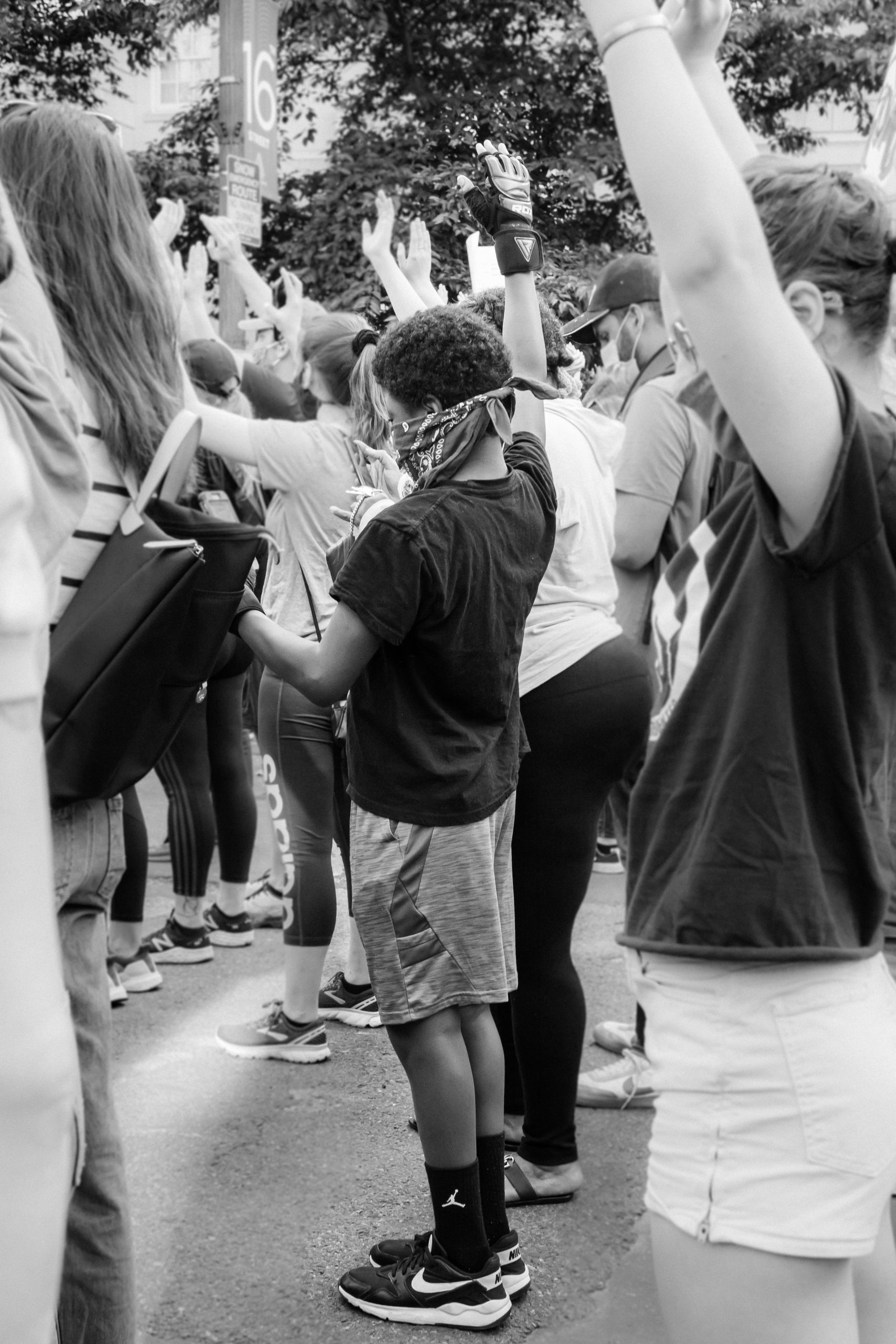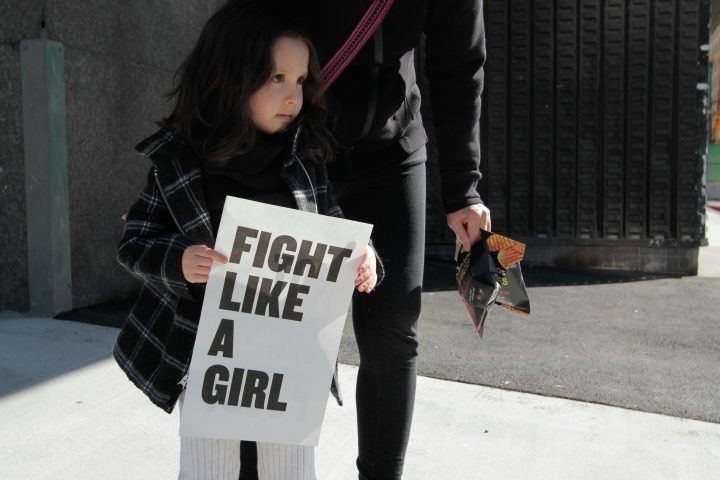
In a world striving for equality, allyship has emerged as a critical component in the fight for social justice. Allies—those who support marginalized communities without being part of them—play a vital role in amplifying voices, challenging injustices, and fostering inclusive environments. But what does it mean to be an ally, and how can we cultivate effective allyship in our daily lives?
Understanding Allyship
Allyship goes beyond mere support; it requires active participation in the struggle for justice. Allies must educate themselves about the issues faced by marginalized groups, listen to their experiences, and advocate for change. This process involves recognizing one’s privilege and using it to uplift others rather than speaking over them.
Being an ally also means committing to long-term action rather than temporary gestures. It’s about showing up consistently, whether through community involvement, advocacy, or simply being a good listener.
Listening and Learning
The first step in effective allyship is listening. Understanding the lived experiences of marginalized communities is essential for allies to provide meaningful support. This means seeking out and amplifying voices from those communities, whether through reading books by authors of diverse backgrounds, attending workshops, or engaging in discussions.
Active listening is key. It’s not enough to hear the words; allies must engage with the emotions and contexts behind them. By validating experiences and acknowledging the challenges faced by others, allies can create a safe space for dialogue and understanding.
Challenging Injustice
Once allies have educated themselves, the next step is to challenge injustices. This can take many forms, from speaking out against discriminatory remarks in social settings to advocating for policy changes that promote equality.
It’s important to recognize that allyship requires courage. Speaking up can lead to discomfort, but allies must remember that discomfort is a part of growth. Whether in personal relationships or professional environments, challenging the status quo is vital for dismantling systemic injustices.
Supporting Marginalized Voices
One of the most impactful actions allies can take is to support marginalized voices. This means amplifying their messages and ensuring they are heard in conversations that matter. Allies should share resources, promote the work of activists, and use their platforms to highlight issues affecting marginalized communities.
However, allies must be mindful of not centering themselves in these conversations. The goal is to create space for those directly affected by injustice, allowing them to lead the discussion and define their narratives.
Intersectionality Matters
Allyship is not a one-size-fits-all approach. Understanding intersectionality—the interconnected nature of social categorizations such as race, class, and gender—is crucial for effective allyship. Recognizing that individuals experience oppression differently based on their identities enables allies to offer more nuanced support.
For example, a Black woman may face unique challenges that differ from those faced by a White woman or a Black man. Allies should strive to understand these complexities and tailor their support accordingly.
Self-Reflection and Growth
Being an ally is a journey of self-reflection and continuous learning. Allies should regularly examine their own biases, privileges, and behaviors. This practice not only fosters personal growth but also enhances their effectiveness as allies.
Engaging in discussions with others, seeking feedback, and being open to criticism are essential for developing a deeper understanding of allyship. Allies should remember that making mistakes is part of the learning process. What’s important is to acknowledge those mistakes, learn from them, and strive to do better.
Conclusion
In the pursuit of equality, allyship is a powerful tool that can create lasting change. By listening, challenging injustices, supporting marginalized voices, and embracing intersectionality, allies can help build bridges and foster a more inclusive society.
As we navigate the complexities of our world, let’s commit to being allies in the fight for justice. It starts with each of us, in our daily lives and interactions, and together, we can contribute to a more equitable future for all.









